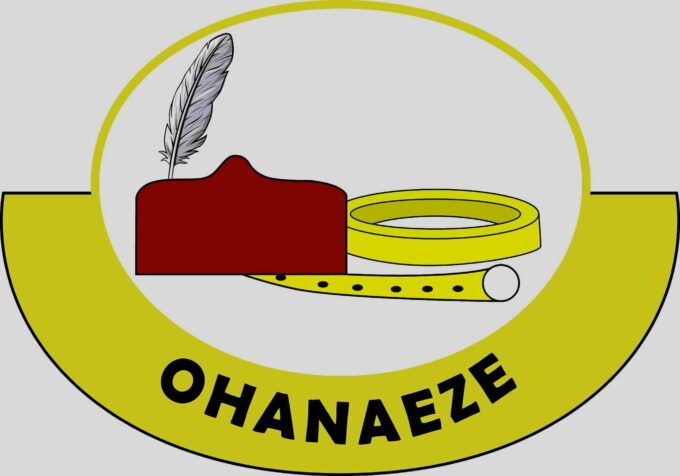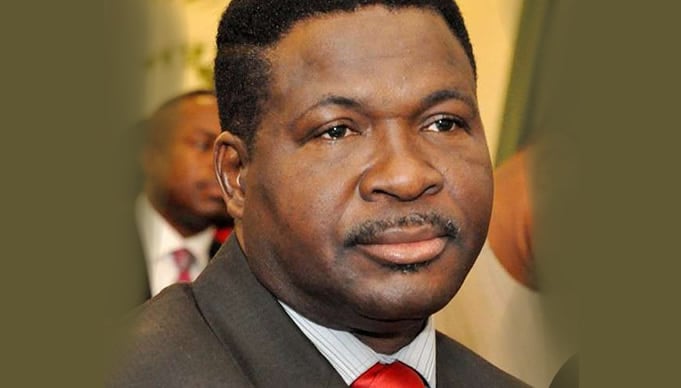
The United Kingdom has launched two economic reform programmes worth £12.4m to support Nigeria’s macroeconomic stability, fiscal resilience, and private-sector growth.
The initiatives – the Nigeria Economic Stability and Transformation programme and the Nigeria Public Finance Facility – were unveiled on Thursday at the British High Commissioner’s residence in Abuja.
In her opening remarks, the Head of Development Cooperation at the British High Commission, Cynthia Rowe, said the launch marked “an important step in the partnership between the UK and Nigeria”.
She said the programmes, valued at £12.4m, were designed to strengthen reforms and were aligned with the government’s economic priorities.
“Together, these programmes signal a coherent and long-term UK commitment to Nigeria’s economic trajectory, from stabilisation to reform and to growth,” she stated.
Rowe explained that NEST, worth £4.9m, would support macroeconomic stability, improve the quality of reforms and advance diversification, while NPFF, valued at £7.5m, would back tax policy, public expenditure management and debt strategy.
She said the programmes would work alongside the upcoming UK-Nigeria Growth Programme to support market-creating reforms and make Nigerian firms “more productive, more competitive, and export-ready”.
Representing the Federal Government, Special Adviser to the President on Finance and the Economy, Sanyade Okoli, expressed appreciation for the support.
“A huge thank you to the British government for steadfast support and enduring commitment to Nigeria’s development,” she said.
Okoli stressed alignment with the government’s growth plan.
“These programmes were both timely and strategic. This is the kind of support that is required to enable us to achieve that (government’s growth plan),” she said, adding that the initiatives reflected “true partnership and true desire to see Nigeria move forward”.
The British Deputy High Commissioner in Lagos, Jonny Baxter, said the UK viewed the engagement “as a whole, as a package”, covering development finance and commercial opportunities.
He said the approach reflected “a modern partnership… driven by a functioning economy, a successful economy, which fundamentally depends on the private sector”.
Baxter noted the challenges Nigeria had faced in its reform process and praised the progress.
“We recognise how challenging they have been, but what a level of effort it has taken to maintain the progress. We want to stand alongside you with that,” he said.
He added that stability and sound policy decisions were central to attracting investment.
“Macroeconomic stability, fiscal resilience, and decisions are what give confidence to investors… when the fundamentals are strong, then growth follows,” he said.
Baxter also confirmed that the £12.4m is a grant intended to provide technical support to Nigeria.
The Head of Growth, Trade and Investment Group at the British High Commission, Mahesh Mishra, said the reforms were already producing results. “It’s good to see Naira stabilising, becoming competitive, and Nigeria improving its rating,” he said.
He emphasised that reforms must translate into jobs and better living standards.
“Reforms are not really an end by themselves. The end goal is how do we mobilise more private investment that is going to help create jobs, better jobs, to help increase the livelihood of the average Nigerian?” he said.
PUNCH Online learnt that the programmes – the Nigeria Economic Stability and Transformation initiative and the Nigeria Public Finance Facility – are funded by the UK Foreign, Commonwealth and Development Office and managed by Tetra Tech International Development Europe.
Both aim to strengthen macroeconomic stability, improve fiscal resilience and reduce reliance on external financing through targeted assistance to government institutions.
NEST will run from 2025 to 2028, while NPFF will operate from 2025 to 2029.
Earlier in September 2025, the British High Commissioner to Nigeria, Richard Montgomery, said the trade value between Nigeria and Britain, currently at £7.9bn, has reached an unprecedented level.
He lauded the UK-Nigeria Enhanced Trade and Investment Partnership, which he said boosts trade relations by removing non-tariff barriers to trade and investment, thereby fostering cooperation in priority sectors.
Also, in November 2025, the Nigerian-British Chamber of Commerce reaffirmed its commitment to strengthening collaboration with the Federal Government to advance policies that drive investment growth, economic competitiveness, and sustainable trade relations between Nigeria and the United Kingdom.


















Leave a comment